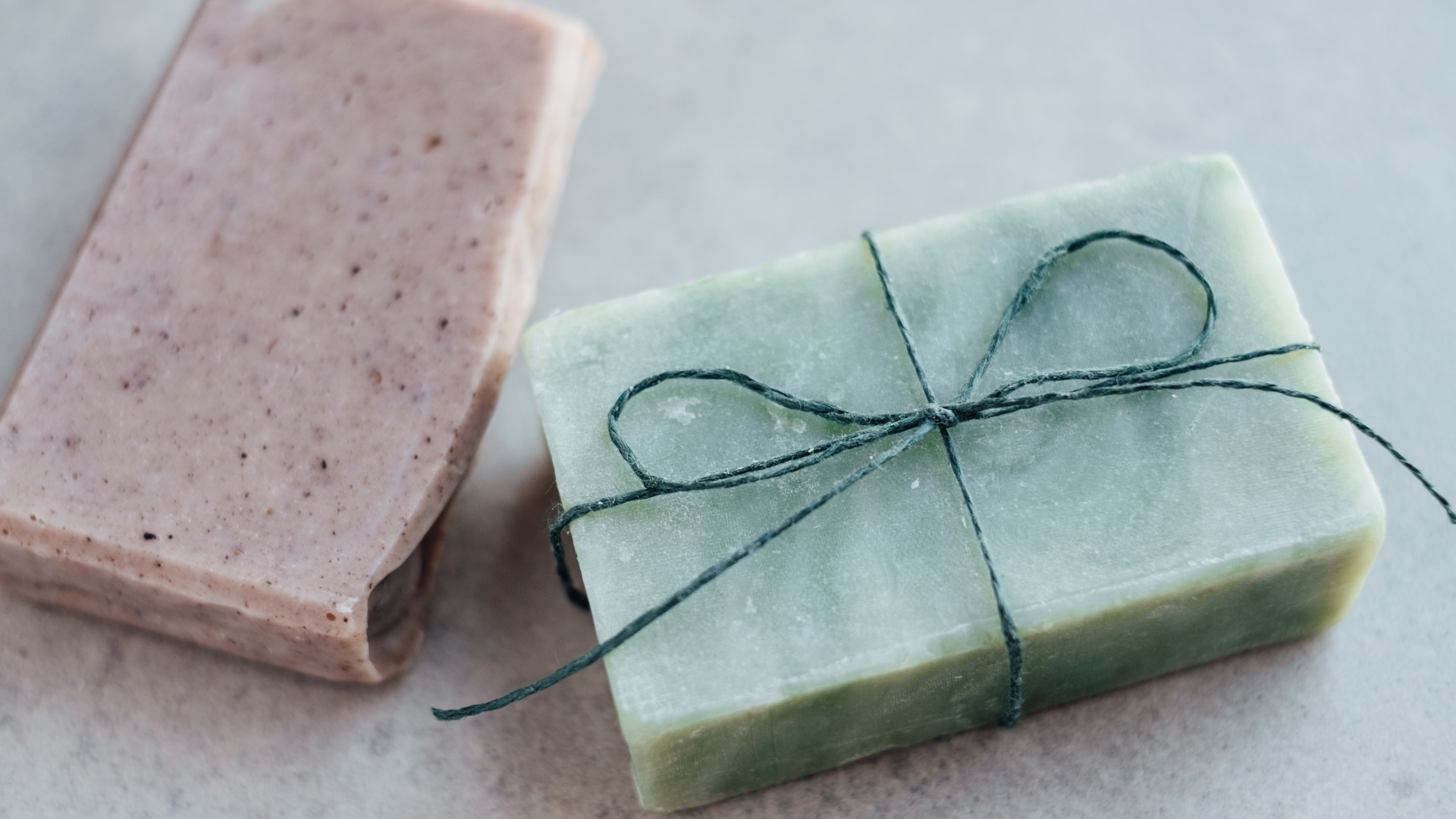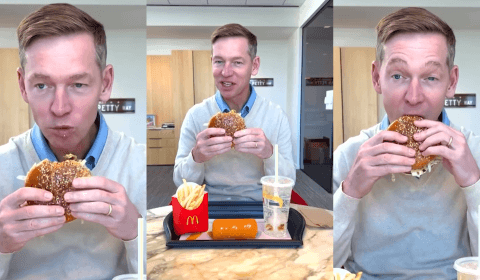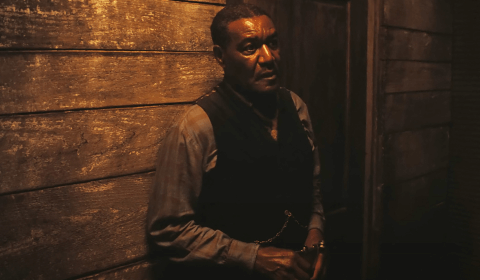Heman Bekele may have found a strikingly simple answer to skin cancer treatment: a bar of soap.
Despite extortionate amounts of fundraising and tireless research, a cancer cure still often feels like a pipedream. But as far as cancer research goes, it’s long been suspected that the answer to one of humanity’s biggest killers could lie anywhere, or be discovered by anyone.
This week, a 14-year-old from Virginia is the latest unlikely mind to support this hypothesis, bringing the dream of a cancer cure slightly closer to fruition.
Heman Bekele is a middle-schooler with a healthy string of extracurriculars, including the science fair and computer science. Now, he can add another to the list: treating cancer.
At just 14-years-old, Bekele has already been named ‘America’s top young scientist’ after developing a bar of soap that could help treat melanoma.
The Young Scientist Challenge is an annual challenge that awards successful students $25,000 for their innovative ideas, as well as an exclusive membership with a 3M scientist.
Bekele won voters over with his simple yet effective idea to treat skin cancer: just use soap.
So how does it work? Well, Bekele’s soap contains certain molecules that stimulate the immune system, meaning that when someone uses it, it can revive cells in the skin so they can fight melanoma.
It’s built on the practices already used by doctors around the world, who treat skin cancer by ramping up our body’s natural immune system response against cancer cells.
The theory has already been demonstrated in other skincare products, most notably a topical cream originally made to treat genital warts.
Bekele drew inspiration from his time living in Ethiopia until the age of four, where he witnessed people constantly at work under the hot sun. ‘I wanted to make my idea something that not only was great in terms of science but also could be accessible to as many people as possible,’ he told the Washington Post.
The truth is, that while skin cancer is one of most common cancers, treatment remains inaccessible to many – especially in countries like the USA where healthcare isn’t publicised.
While researching for his project, Bekele was shocked to discover just how unavailable treatment was, especially treatment that was cheap to produce and simple to apply.



















